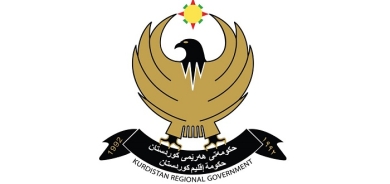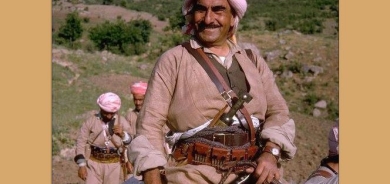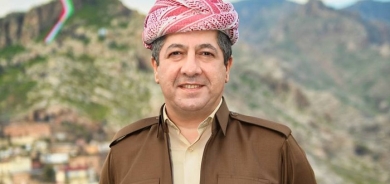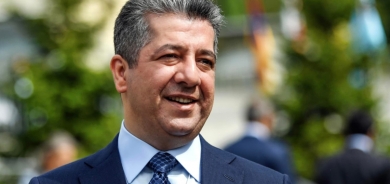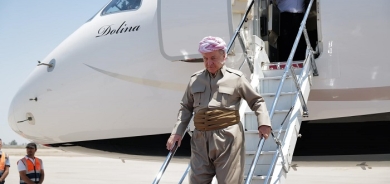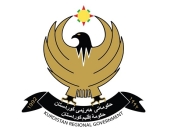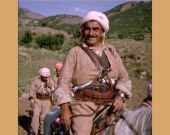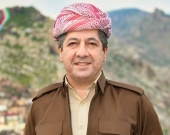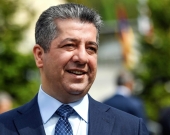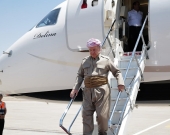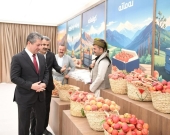The Difficult Case of the PKK

The international community has found itself torn when it comes to the PKK. On the one hand, it is clear that it represents a disruptive force in those areas where it operates, and is hated by Turkey. It is a banned organisation in many places, and it seems to have no compunction about using terrorist tactics. On the other, it seems to be contributing to the fight against ISIS in Syria at a time when the West needs all the allies it can get in that fight. It is seen by some outside the region as representing the best hope for a more moderate alternative to Assad at the conclusion of the civil war.
Yet there is at least one group who wouldn’t benefit from the success of the PKK: the Kurds. Kurdistan is just one of the many places where the organisation is banned, and with good reason. They have little interest in the democratic process of the region or in working with others there to build a stable society. They pursue their own brand of separatism in a way that risks inflaming tensions between Kurdistan and Turkey at precisely the time when Kurdistan needs to turn old enemies into working partners. And now it seems as though they are prepared to attack Kurdistan’s interests with the destruction of one of Kurdistan’s key oil pipelines.
The impact of this move is likely to be considerable, both in economic terms and for Kurdistan’s relationship with the long estranged separatists. It is not a move that will bring Kurdistan’s oil production to a halt, but it is one that will make its oil sales more difficult, at a time when the region is already facing economic difficulties brought about by a combination of the ongoing conflict, collapsing oil prices, and the failure of Baghdad to send the share of tax revenues to which Kurdistan is entitled. It is not a move that will bring about the collapse of the Kurdish economy, because thanks to the efforts of those such as Prime Minister Nechirvan Barzani, the economy is stronger than that. It is, however, a move that makes things more difficult in a time when Kurdistan is building up towards the possibility of independence, and at precisely the moment when it least needs the extra economic burden.
Yet that may well be why are they doing this. Any examination of the PKK must take in their choice of allies and partners. Prime Minister Nechirvan Barzani has claimed that the PKK are doing the work of Kurdistan’s enemies in this latest act of destruction, and the truth is probably not too far from that. The PKK do not benefit directly from the destruction of the pipeline, unless they want to pretend that the oil is coming from ISIS or the Syrian government. They might frame it as a protest against Kurdistan’s improving relationship with Turkey, but that would be childish, risking severe damage to a region simply because they do not like the fact that geography dictates oil must pass through the “wrong” country. Both of these might have contributed to the decision, and both will undoubtedly be brought out as official explanations by the group, but neither truly feels like a sufficient explanation.
So, who benefits? Who benefits from a reduction in the flow of oil from the Middle East, without the loss of production from oil fields outside Kurdistan? Who benefits from a potential destabilisation of an already fragile Kurdish economy? Who benefits from the destruction of a pipeline that has been one of the major symbols of Kurdistan’s ability to forge links even with those who might once have been its enemies?
The problem, of course, is that it’s a long list. Syria, Iran and others have reasons not to want Kurdistan moving towards independence. They don’t want the risk of their own Kurdish populations trying to break away, and they never have. The best way to ensure that is to make certain that Kurdistan is not stable, and to make it look as though it is not able, economically, to survive alone.
Then there are the other oil producing countries of the region. Damage to Kurdistan’s oil pipelines means a shift in supply to other oil producers. It possibly means a rise in prices. It certainly means that others can increase their share of the current oil supply. Or not. They might choose to reduce supply, confident that Kurdistan will not make up the shortfall until it is able to transport its oil in other ways. This would raise oil prices around the world.
All of this is the stuff of conspiracy theories, but there is some evidence of better relations between the PKK and those who might traditionally have been seen as its enemies. The Syrian government has talked of working with the PKK or YPG to drive out ISIS from Syrian territory, naming them as allies. Iran has spoken about them protecting its borders. While it seems unlikely that either will form a long term alliance with the PKK, there is a kind of detente with the YPG and it seems entirely possible that either one could have asked for a favour to cement a budding alliance.
Of course, there is another possibility. The Kurdish militants of Syria are not as organised as the countries around them, or as they would sometimes like to pretend. One of the biggest challenges for those trying to coordinate military operations with it has been the task of command and control, making sure that different elements all act as they should. It is entirely possible that the destruction of the pipeline was a mistake or an independent decision by a group within the PKK.
But that is hardly a good thing. If it is the case, it should tell us something about the danger the PKK represents. It is the danger not of a single armed group, but of many, many individual armed cells, each acting as it believes it ought to. In relying on something like that too heavily, the international community risks starting yet another wildfire in the region.
One of the biggest problems when it comes to the PKK has been the tendency of the international community to conflate its efforts, those of the YPG and those of the peshmerga, as well as any other Kurdish fighters not affiliated to them. The PKK has benefited to a great extent from the perception of Kurdistan as stable and relatively secure. There have been those in international circles who have assumed because of that situation that PKK success in Syria would be a good thing. One of the most important things Kurdistan can do is to help the world to understand the difference between a would be nation that supplies essential public services and a banned terrorist group that blows up pipelines.
What should be done about the PKK? What can be done about it? Part of the answer is probably better communication with the YPG, to try to avoid outright conflict and to steer it towards peaceful connections with Kurdistan. Part of it is helping those who make decisions internationally to understand who they are doing business with. I am not suggesting that they oppose the PKK militarily, because the fight against ISIS is clearly more important.

